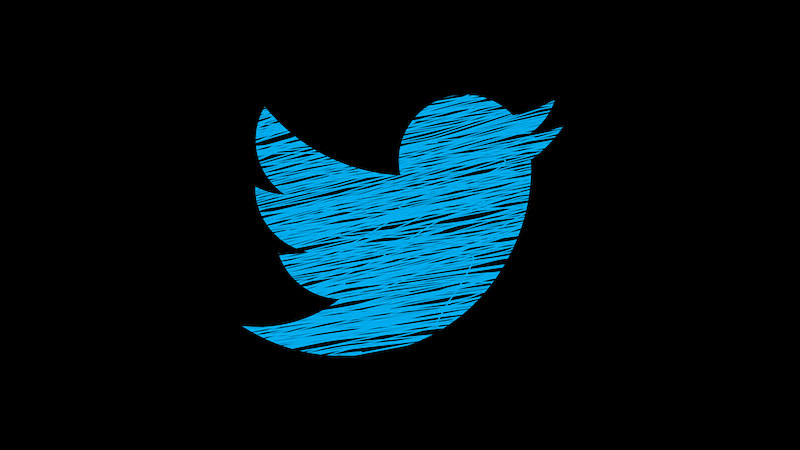Twitter placed ads from ad partners next to child pornography. Companies such as Disney, Coca Cola and Dyson have suspended or removed their campaigns as a result. Even a children’s hospital is affected. The background.
Twitter generates a large part of its revenue through advertisements. But now numerous advertising partners such as Disney, Coca-Cola and Dyson are up in arms. The short message service is said to have placed the brands’ digital ads next to child pornography.
As the news agency Reuters reports, this emerges from an investigation by the cybersecurity group Ghost Data. According to the report, more than 30 advertisers were affected – including a children’s hospital. The ads of the brands and companies appeared alongside tweets that called for child pornography, according to the report.
Twitter places advertisers’ ads next to child pornography
Some tweets that appeared next to the advertisers’ ads apparently contained keywords such as “rape” and “teenager.” Meanwhile, the companies involved expressed their horror. David Maddocks, brand president of fashion retailer Cole Haan commented:
We are appalled. (…) Either Twitter will fix this, or we will fix it by any means necessary, which includes not buying Twitter ads.
Twitter spokeswoman Celeste Carswell, in turn, stated that the short message service has “zero tolerance for the sexual exploitation of children.” She also said the company wants to invest more in keeping children safe. That includes hiring new employees and adjusting policies, she said.
Carswell added that Twitter wants to cooperate with the brands and companies involved to get to the bottom of the incident. Appropriate measures are to take effect to ensure that such a situation does not happen again.
Over 500 accounts with child pornography content
Ghost Data, meanwhile, was able to identify over 500 accounts that had openly shared child sexual abuse content in September 2022, according to Reuters. Twitter, in turn, had failed to remove over 70 percent of the accounts.
Numerous advertisers expressed dismay and announced consequences. A company spokesperson for Forbes, for example, said: “Twitter needs to fix this problem as soon as possible, and until then we will stop any further paid activity on Twitter.”
Disney, meanwhile, called the case “reprehensible” and added that it wants to prevent something like this from happening again. The case and the reactions of those affected could pose a major revenue risk for Twitter in the process, as the company generates more than 90 percent of its revenue from ad sales.










